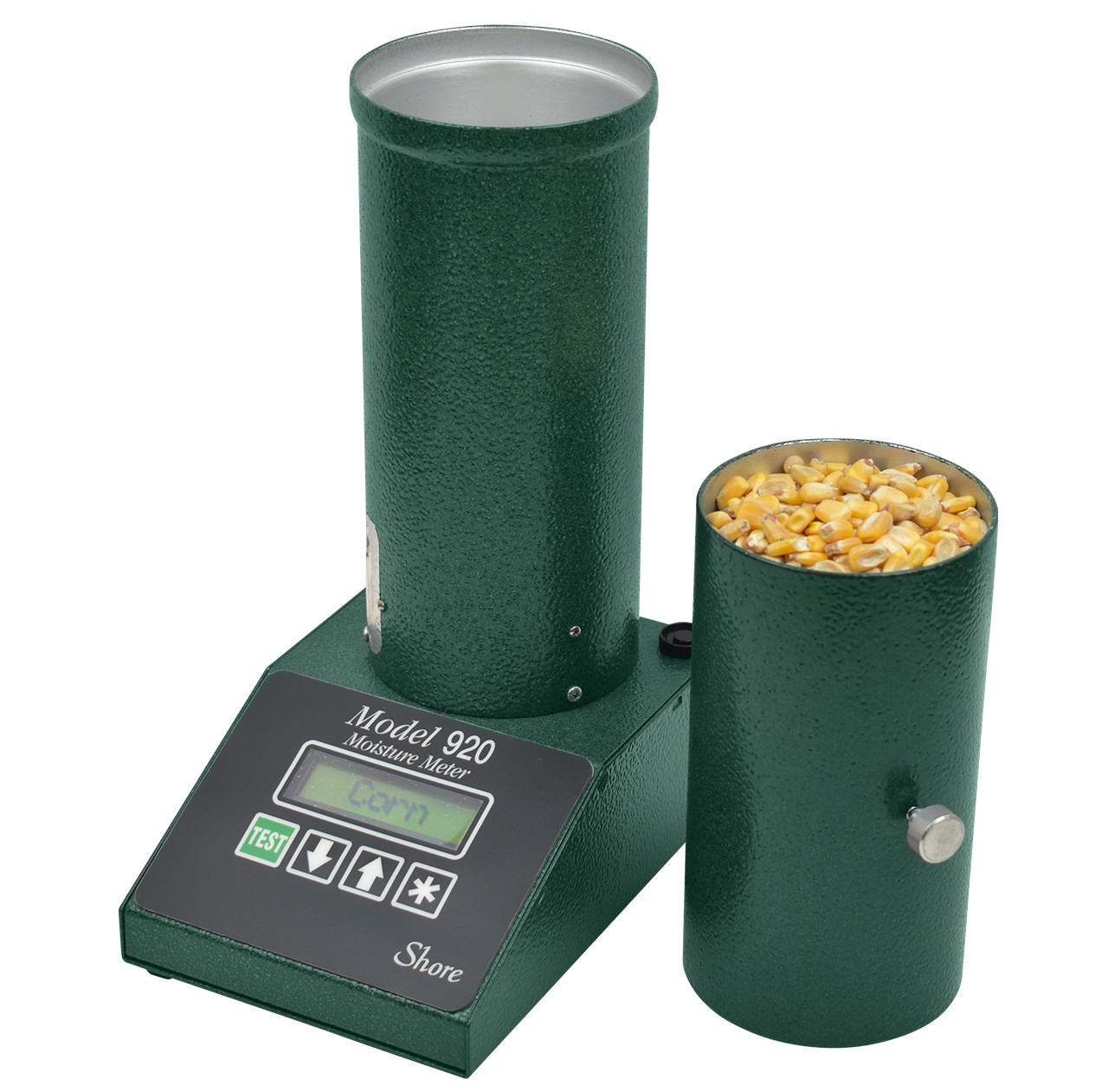Moisture Meter Reviews: Contrasting the very best Models for Specialist and DIY Usage
Moisture Meter Reviews: Contrasting the very best Models for Specialist and DIY Usage
Blog Article
The Ultimate Overview to Dampness Meters: A Comprehensive Introduction and Exactly How They Can Conserve You Cash
In the realm of building upkeep, construction, and numerous industries, the value of precisely gauging wetness levels can not be overstated. Dampness meters serve as vital devices in discovering and monitoring moisture web content in materials, aiding in avoiding costly problems and making sure the high quality of items. Recognizing the nuances of different kinds of dampness meters, their applications, and the potential cost-saving advantages they provide can be a game-changer for experts and companies alike. Discovering how these devices can not just improve procedures but likewise add to economic cost savings is a trip worth getting started on.
Sorts Of Wetness Meters
One typical type is the pin-type dampness meter, which determines the electric resistance between 2 pins put right into a material. Pinless moisture meters, on the various other hand, use electro-magnetic sensing unit plates to check a larger location without creating damage to the material's surface area.

Furthermore, there are likewise specialized moisture meters designed for specific materials like hay, dirt, or grain. These meters give precise moisture readings customized to the special homes of the product being checked. Infrared dampness meters gauge the thermal properties of a material to determine its wetness content non-invasively, making them beneficial for applications where pin or pinless meters might not be suitable. Recognizing the different types of wetness meters offered can aid sectors choose one of the most suitable tool for their certain moisture dimension needs.

Benefits of Utilizing Moisture Meters
Dampness meters offer vital advantages in accurately assessing and monitoring wetness levels in diverse materials and settings (Moisture Meter). One of the key benefits of making use of dampness meters is the prevention of possible damages triggered by excess wetness. By identifying and resolving high wetness degrees early, wetness meters assist to avoid mold development, rot, and structural damages in structures, conserving both money and time on repair work. In addition, dampness meters help in ensuring the top quality of products during construction or manufacturing procedures. By accurately determining wetness material, these tools assist preserve the integrity of timber, drywall, concrete, and other materials, minimizing the risk of issues or failings.
Additionally, making use of wetness meters can lead to raised energy performance. In farming settings, dampness meters play a vital duty in optimizing crop returns by enabling farmers to keep an eye on soil dampness degrees and make informed irrigation decisions.
Exactly How to Select the Right Wetness Meter
When choosing a wetness meter, it's crucial to make sure that the meter is ideal for the certain material you will certainly be testing. Various materials have differing electric homes that can influence dampness readings, so choosing a meter developed for your material is vital for accurate outcomes. By carefully reviewing these factors, you can select a moisture meter that fulfills your needs and gives precise moisture measurements for your jobs.
Proper Techniques for Dampness Meter Usage

Cost Financial Savings Via Dampness Meter Applications
Just how can the critical application of dampness meters bring about significant expense financial savings across different industries? Dampness meters play a critical duty in expense financial savings by protecting against possible damage and ensuring quality control in various industries. In the agriculture sector, wetness meters aid in identifying the ideal time for gathering plants, protecting against excess or over-drying wetness that can impact the final item's top quality. This precise monitoring aids farmers avoid unnecessary losses and optimize their yield.
In a similar way, in construction, moisture meters aid prevent pricey problems by finding moisture levels in structure materials, such as timber or concrete, which can lead to structural concerns otherwise attended to without delay. By identifying issue locations early on, professionals learn the facts here now can take rehabilitative measures to prevent comprehensive repair work or substitutes, ultimately saving money and time.
Furthermore, in the food processing industry, moisture meters are necessary for monitoring product high quality and making certain compliance with safety and security policies. By precisely determining wetness web content in food, manufacturers can protect against wasting, keep freshness, and minimize waste, leading to substantial cost financial savings. Overall, the strategic application of wetness meters is a useful financial investment that can result in considerable expense reductions and boosted efficiency across various markets.
Verdict
In conclusion, moisture meters are beneficial devices for finding and determining dampness levels in numerous products. By using the right moisture meter and complying with proper strategies, customers can successfully avoid expensive problems Full Article triggered by excess wetness.
Dampness meters offer as crucial tools in finding and monitoring moisture material in products, helping in protecting against costly problems and making sure the top quality of products. Infrared dampness meters gauge the thermal homes of a material to identify its moisture content non-invasively, making them helpful for applications where pin or pinless meters might not be suitable.Moisture meters use very useful advantages in accurately evaluating and keeping track of dampness degrees in varied products and atmospheres. In agricultural settings, moisture meters play a vital function in optimizing plant returns by making it possible for farmers to monitor dirt wetness degrees and make informed watering choices.In conclusion, moisture meters are valuable devices for determining and spotting moisture degrees in different materials.
Report this page